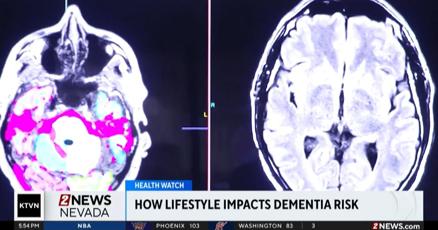Breaking: Your Daily Habits Could Be Your Brain's Best Defense Against Dementia

As the global population ages, dementia looms as a growing health challenge. However, medical experts offer a beacon of hope: developing dementia isn't an inevitable fate. By taking proactive steps and prioritizing your overall health, you can significantly reduce your risk of cognitive decline.
Neurologists and gerontologists warn that dementia cases are projected to surge dramatically in the coming decades. Yet, they emphasize that lifestyle choices play a crucial role in brain health. Simple, consistent strategies can help protect your cognitive function and potentially ward off neurological deterioration.
Key preventive measures include maintaining an active lifestyle, engaging in regular mental stimulation, eating a balanced diet rich in brain-supporting nutrients, managing chronic conditions, and staying socially connected. Regular exercise, learning new skills, and managing stress can create a powerful defense against cognitive decline.
While genetics and age are factors beyond our control, individuals can take meaningful action to support their brain health. By adopting a holistic approach to wellness, you can empower yourself to potentially reduce dementia risk and maintain cognitive vitality well into your later years.
The message is clear: your brain's future is not set in stone. With informed choices and proactive health management, you can chart a course toward a sharper, more resilient mind.

